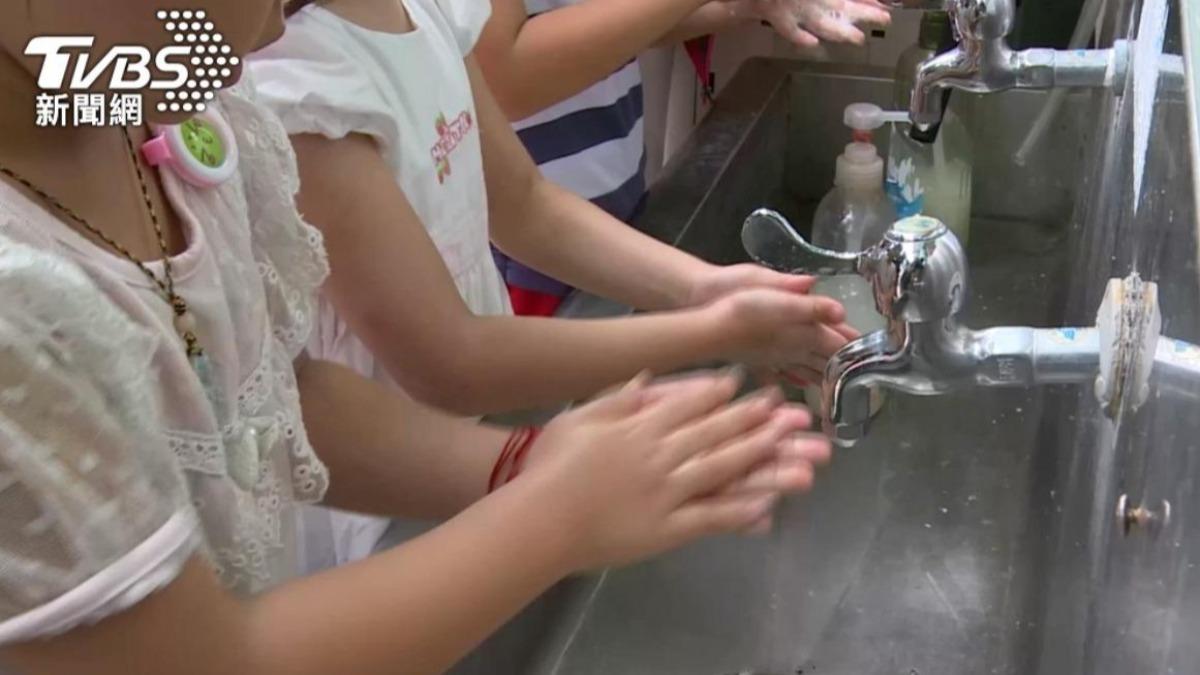TAIPEI (TVBS News) — Taiwan's Ministry of Health and Welfare (MOHW, 衛生福利部) reported on Tuesday (Sept. 3) that enterovirus (腸病毒) outpatient and emergency visits exceeded 14,000 in the last week of August, marking a slight increase from the previous week and reaching a five-year high for the same period.
Lo Yi-chun (羅一鈞), spokesman for the Centers for Disease Control (CDC, 疾管署), noted that the epidemic is entering a plateau phase, with a reversal expected after the Mid-Autumn Festival.
Lee Chia-lin (李佳琳), deputy director of the CDC's Epidemic Intelligence Center, explained that from Aug. 25 to 31, outpatient and emergency visits totaled 14,279, a 2.4% increase from the previous week's 13,946, indicating a rising trend in visits.
Lee highlighted that recent lab monitoring over the past four weeks shows an increasing positivity rate, with Coxsackievirus A16 being the most prevalent, followed by Coxsackievirus A10. No severe cases of Enterovirus A71 have been detected recently, and D68 cases remain sporadic and mild.
This year, five severe enterovirus cases have been confirmed, with three infected by Coxsackievirus A2 and two by Coxsackievirus A10. Lo mentioned that although Coxsackievirus A16 was dominant in the first half of the year, A10 began to surpass A16 in late June. However, A16 has regained prevalence, likely due to its transmission advantage.
Lo predicted that the current wave, which started earlier this year, will not peak as high as the previous one and is gradually stabilizing. The CDC advises families with children under 5 to maintain personal hygiene and regularly disinfect toys and frequently touched items.
The CDC also emphasized that the most effective prevention methods are proper handwashing and maintaining good living habits. Upon returning home, individuals should change their clothes and wash their hands with soap before holding or feeding infants.
For disinfection, use 10 liters of water mixed with 100 milliliters of household bleach, wearing waterproof gloves, masks, and aprons, and ensure proper ventilation.



